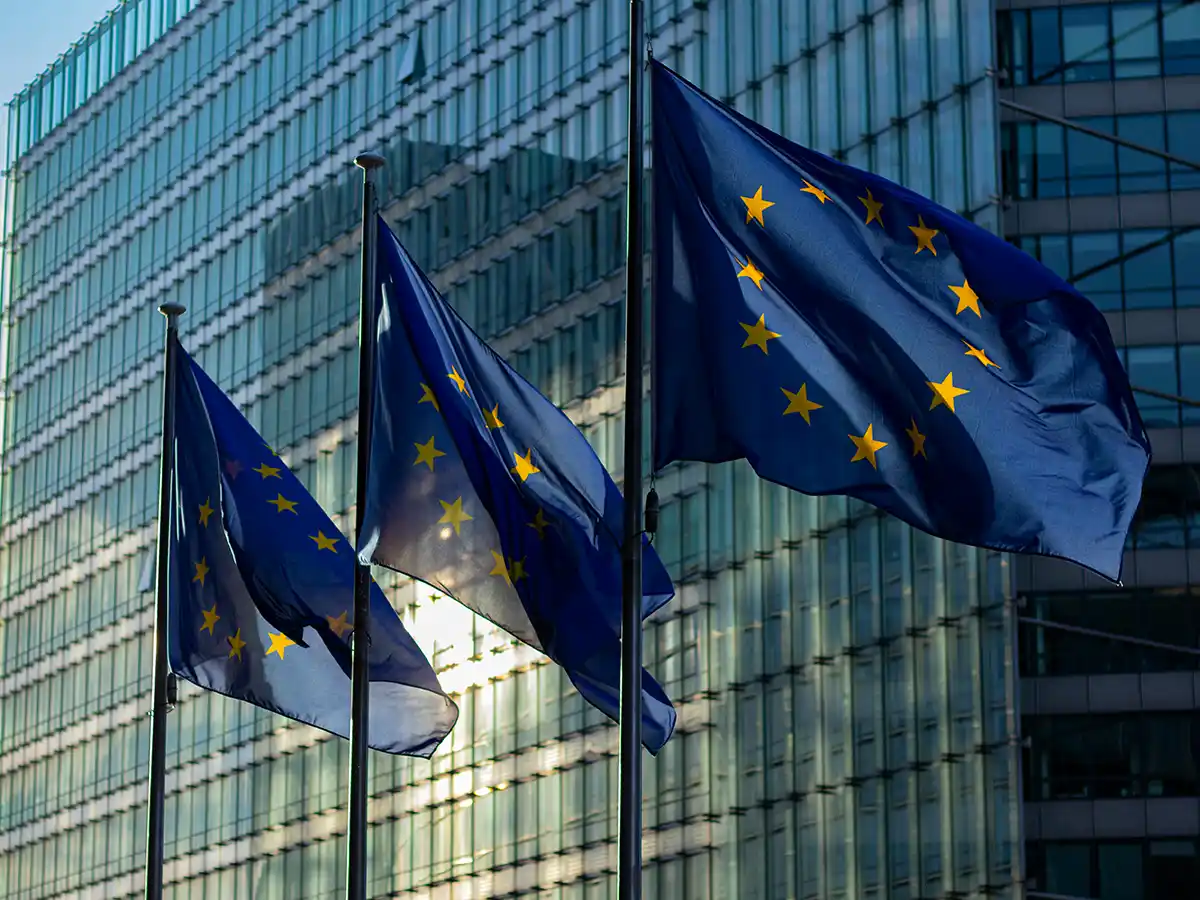
The Council agreed on the VAT in the Digital Age proposal
The Council reached general approach on the VAT in the Digital Age proposal during the ECOFIN summit held on the 5th of November 2024. Following a re-consultation with the European Parliament, the Council will have to adopt the proposal before entering into force.
As mentioned in our earlier piece of newsletter, the proposal consists of three pillars.
The first pillar is the introduction of a common e-invoicing and invoice data reporting liability. From the 1st of July 2030, electronic invoices with structured electronic format will be raised on all cross-border B2B transactions, and the issuance of the invoice will be followed by a real-time invoice data reporting. The deadlines provided for the issuance of the invoice and for the data reporting raised lot of debates. According to the finalised legal text, the e-invoice should be issued within 10 days after the chargeable event has taken place, with immediate data reporting. In case of self-billing, a 5-day deadline, counting from the issuance of the e-invoice, will be provided for the data reporting. Parallelly with the introduction of the digital reporting requirement, the obligation to submit recapitulative statements for the reporting of intra-Community transactions (A60 forms) will be removed.
Under the second pillar, platforms facilitating the supply of short-term accommodation rental or passenger transport services will be liable to collect the VAT, payable in the Member State where the supply takes place, from the customer and remit it to the tax authorities as a deemed supplier in cases where the underlying supplier did not charge any VAT on its services (e.g. on account of its small business status). Within the meaning of this rule, the uninterrupted rental of accommodation to the same person for a maximum of 30 nights will qualify as a ‘short-term accommodation rental’. The new deemed supplier rule is set to take effect from the 1st of July 2028. However, online platforms facilitating e-commerce remain under the scope of the existing deemed supplier provisions, namely they are only covered if they are facilitating intra-Community distance sales or distance sales of imported goods.
The third pillar is intended to support the objective of a single VAT registration in the Union. From the 1st of July 2028, the scope of the One-Stop-Shop (OSS) will be extended to all B2C supplies, made by taxable persons who are not established in the Member State of consumption, so that the OSS will be available for a wider range of supplies (e.g., installation supplies, the supply of gas through a network). Taxable persons transferring their own goods to another Member State will also have access to the OSS. Furthermore, the international reverse charge mechanism will apply for B2B supplies where suppliers are not established and not identified for VAT purposes in the Member State in which VAT is due (e.g. sales made from a stock kept in another Member State). With the introduction of this new title of reverse charge, the call-off-stock simplification will be repealed.
Should you have any questions on this topic, please do not hesitate to contact our experts.
Lépjen kapcsolatba szakembereinkkel!
Az alábbi űrlap segítségével feliratkozhat szakmai hírlevelünkre, így folyamatosan értesítjük az adózás, a könyvelés és a bérszámfejtés területén megjelenő újdonságokról.











